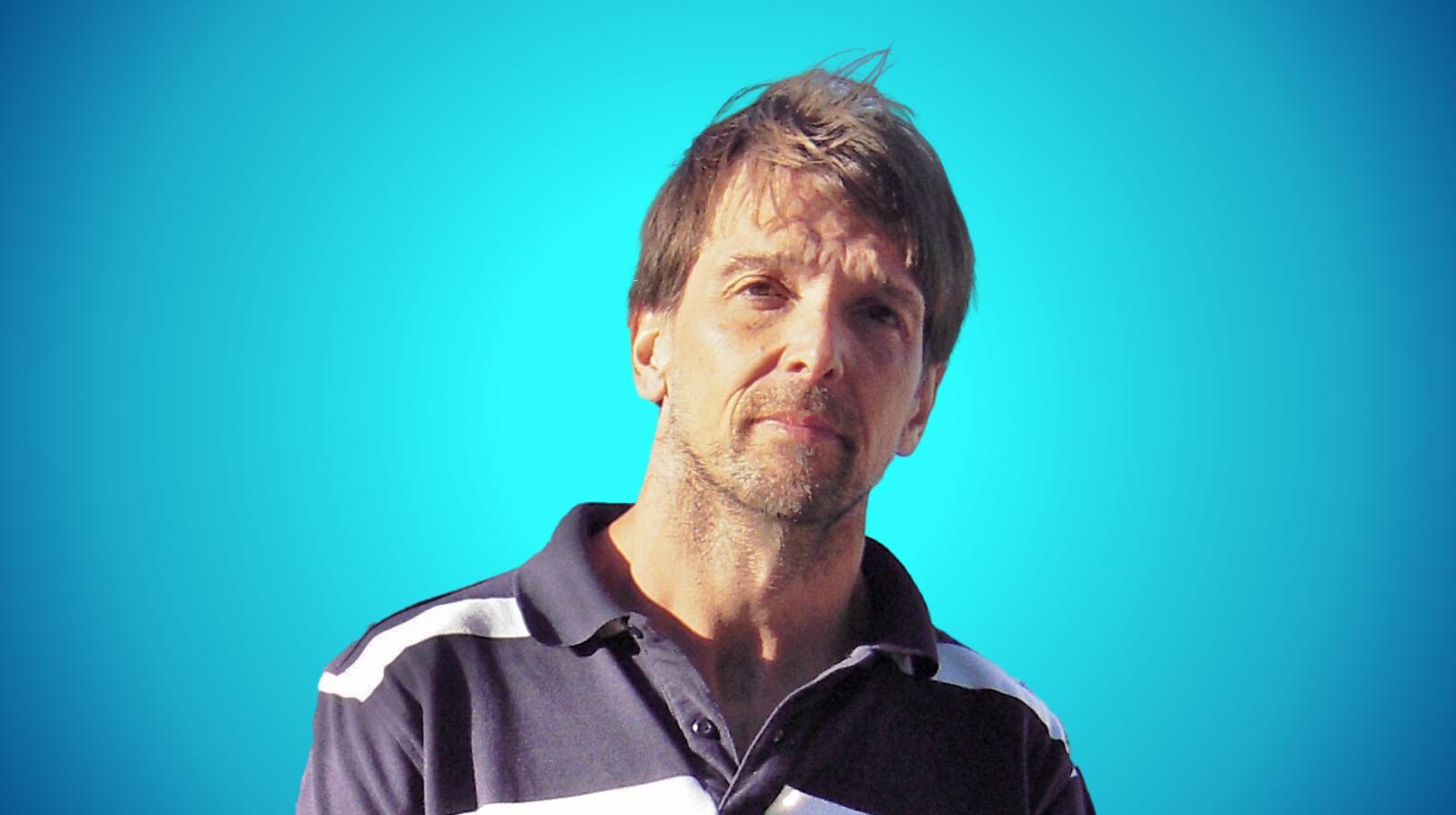Cosa ci racconta di nuovo, rispetto a quanto sapevamo già, il sesto Assessment Report dell’IPCC sui cambiamenti climatici presentato pochi giorni fa per quanto riguarda gli impatti, l’adattamento e la vulnerabilità? Ne abbiamo parlato con Piero Lionello, che per l’IPCC è autore principale del capitolo sull'Europa (il tredicesimo) e autore di un documento sulla regione mediterranea, professore al Dipartimento di Scienze e Tecnologie Biologiche ed Ambientali dell’Università del Salento e membro del Consiglio di amministrazione del Centro Euro-Mediterraneo sui Cambiamenti Climatici.
Cosa c'è di nuovo nel secondo volume del sesto rapporto IPCC?
prossimo articolo
Europe’s Freedom of Research: €100 Billion for ReBrain Europe
In the 1930s, the disastrous Nazi-fascist policies induced an unprecedented exodus of at least 15,000 intellectuals - scientists and artists, Jews and non-Jews - to the United States. See. e.g., the historical accounts in Adorno, Fleming, & Bailyn: The Intellectual Migration.




